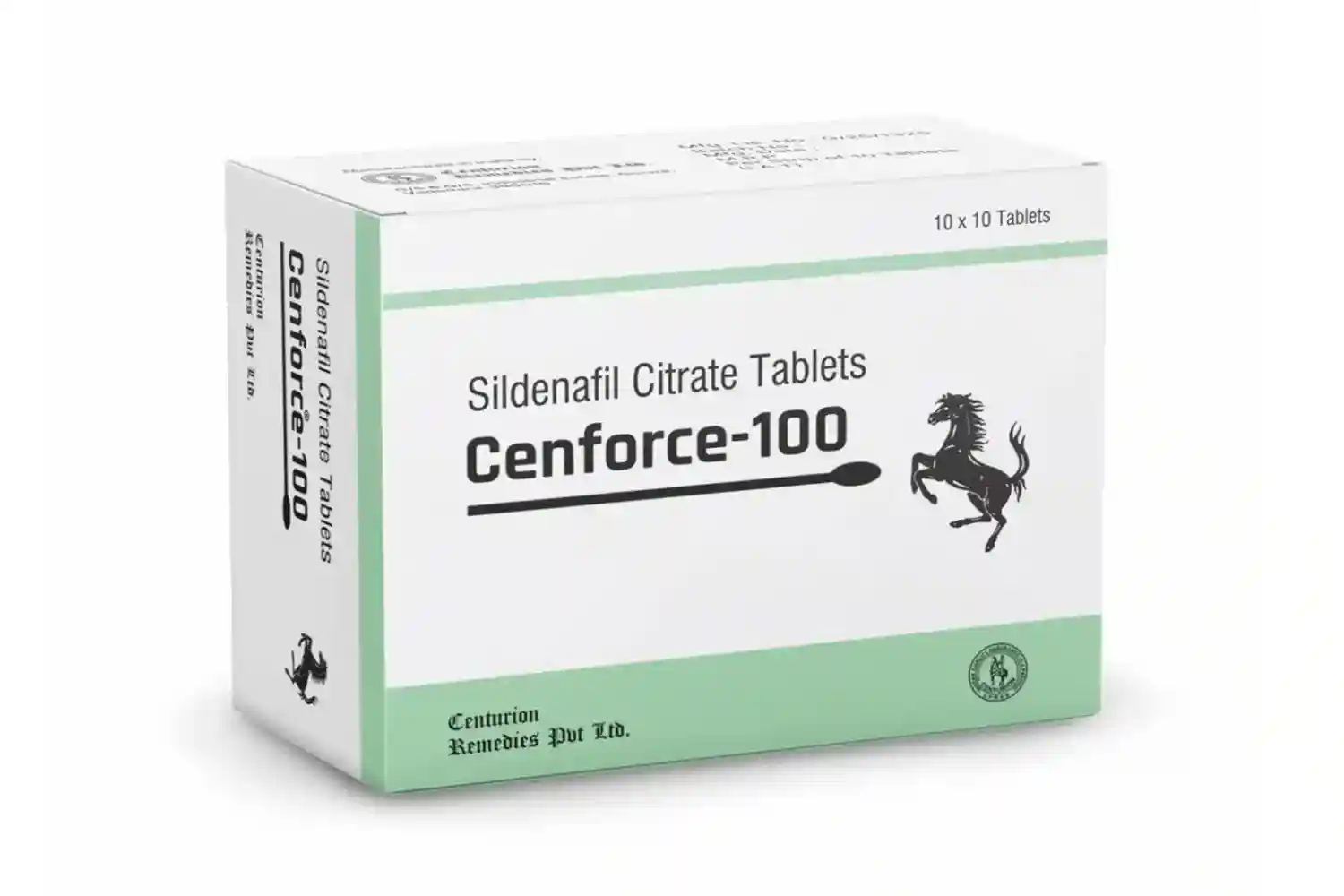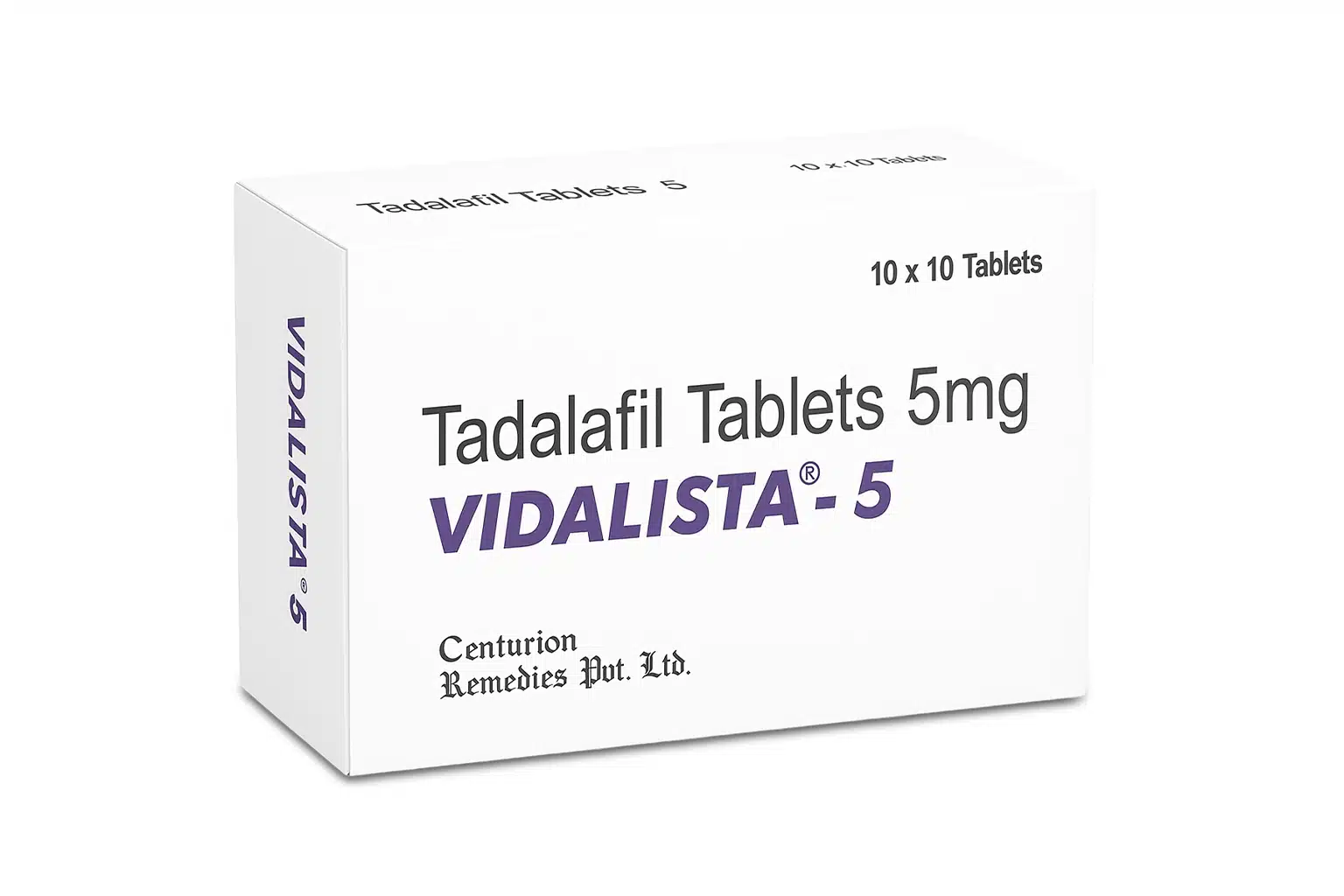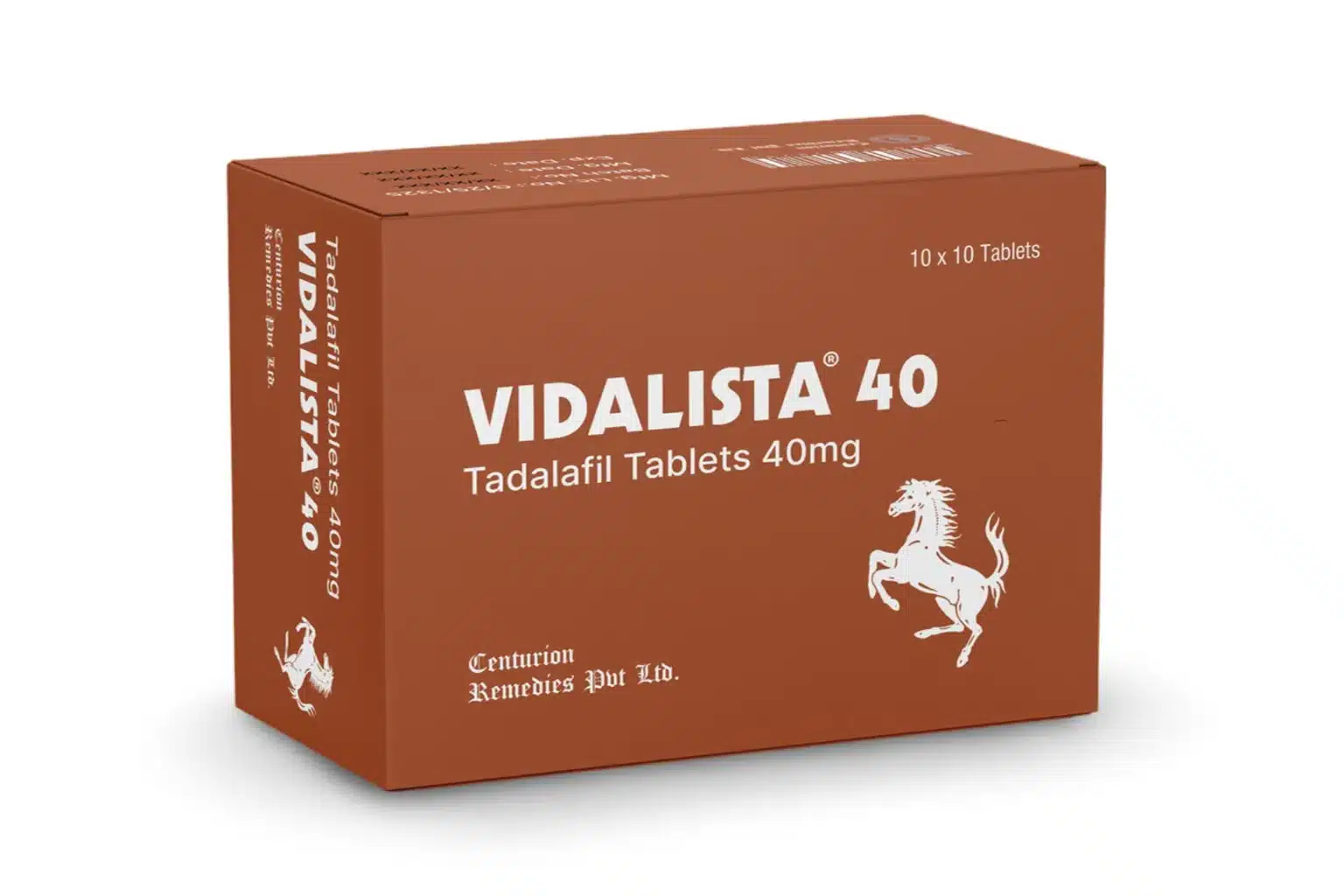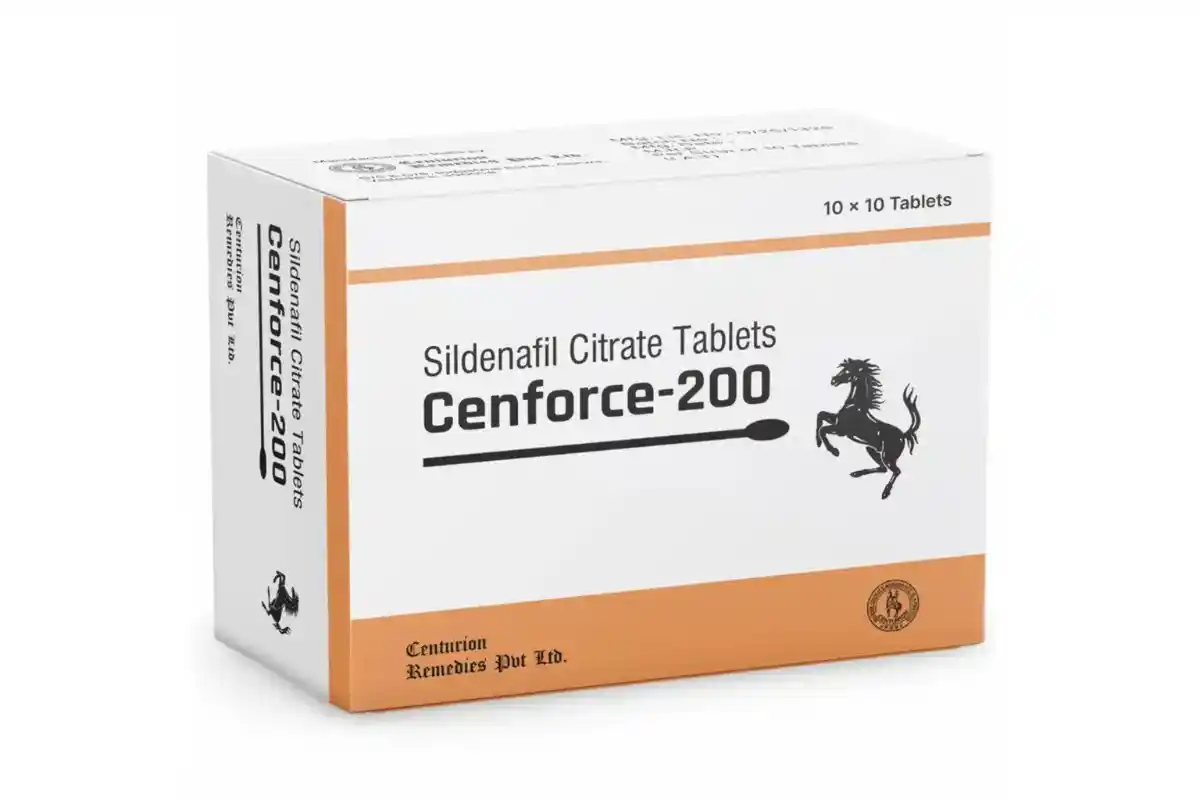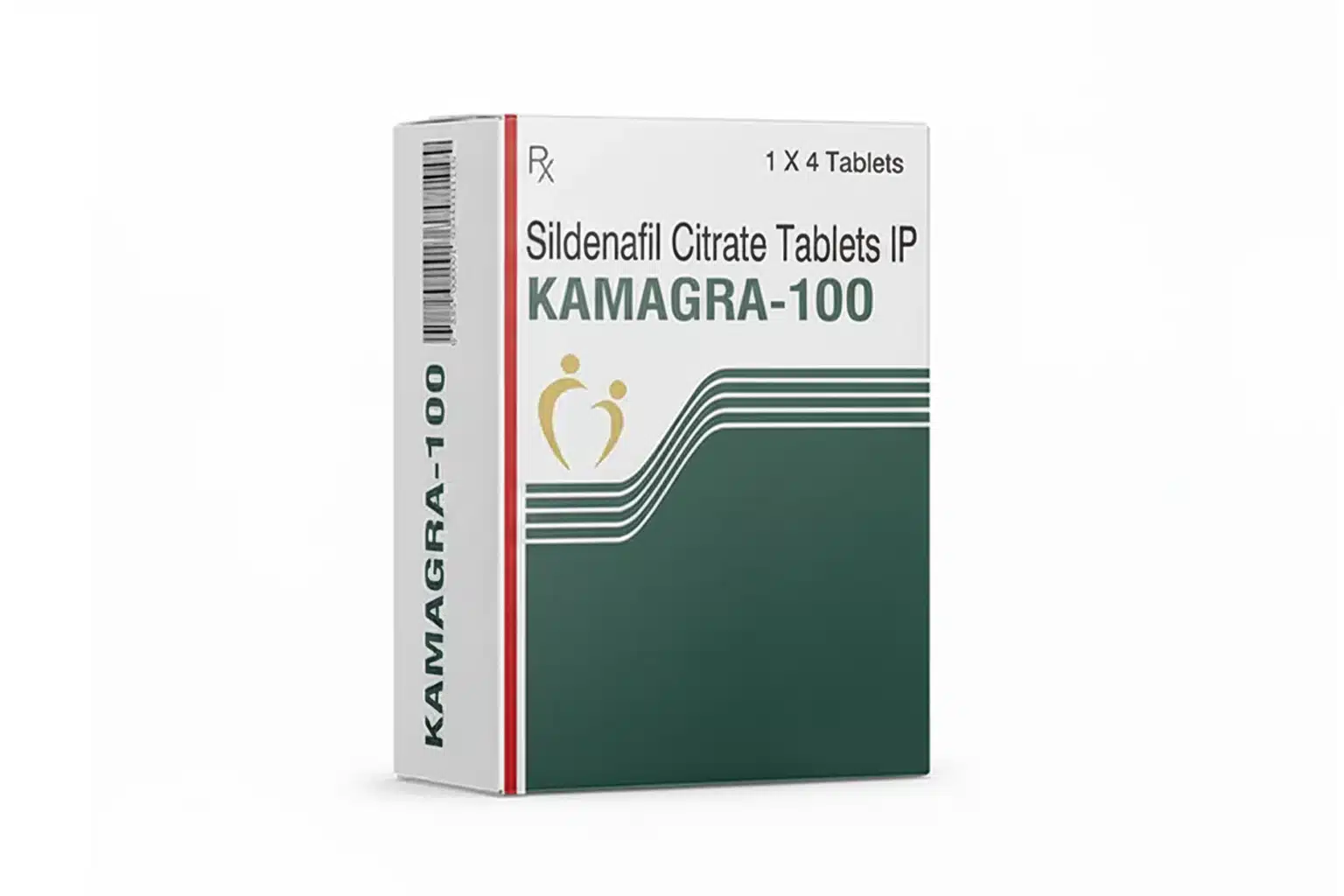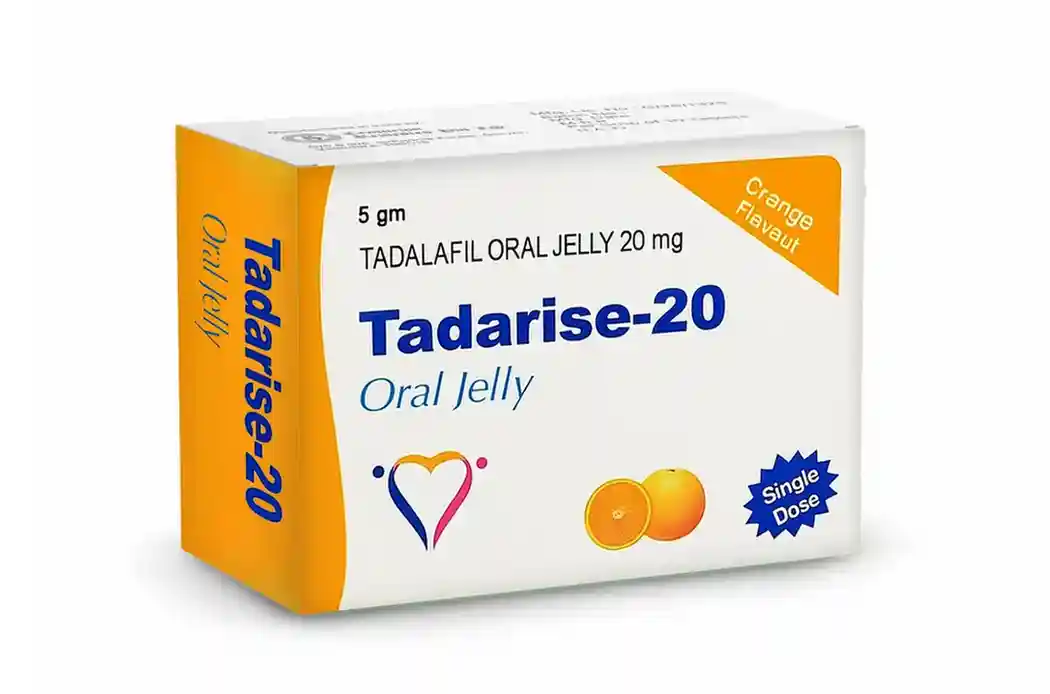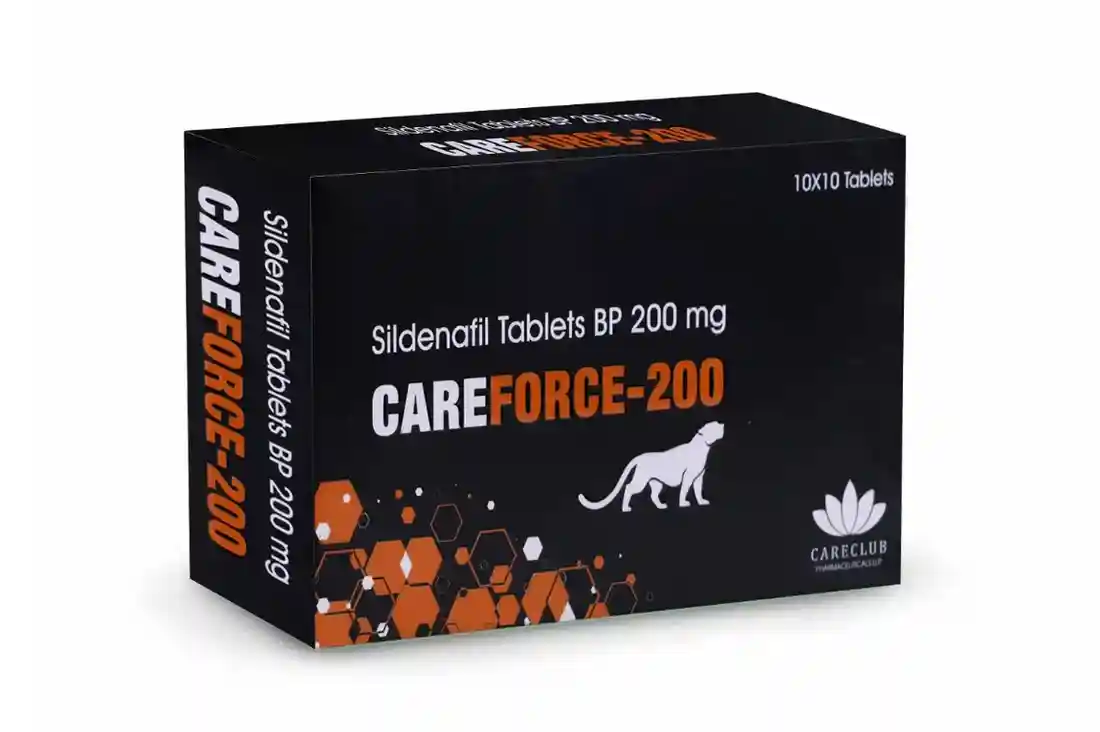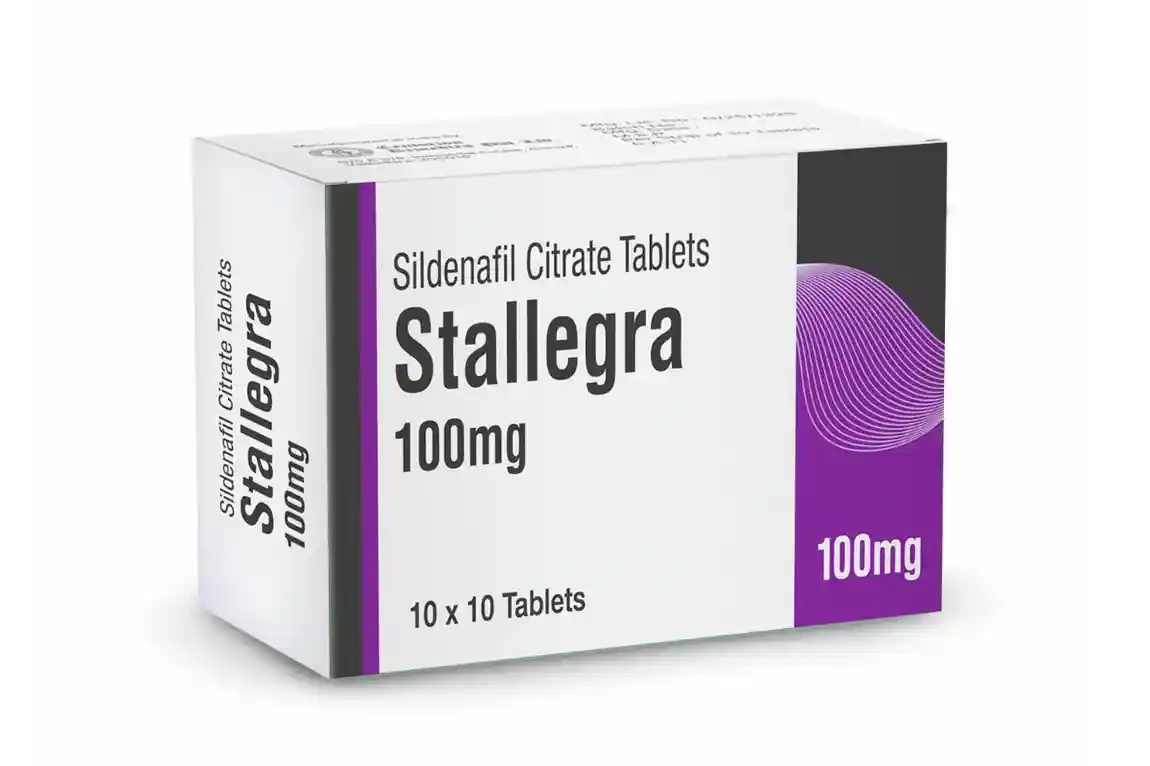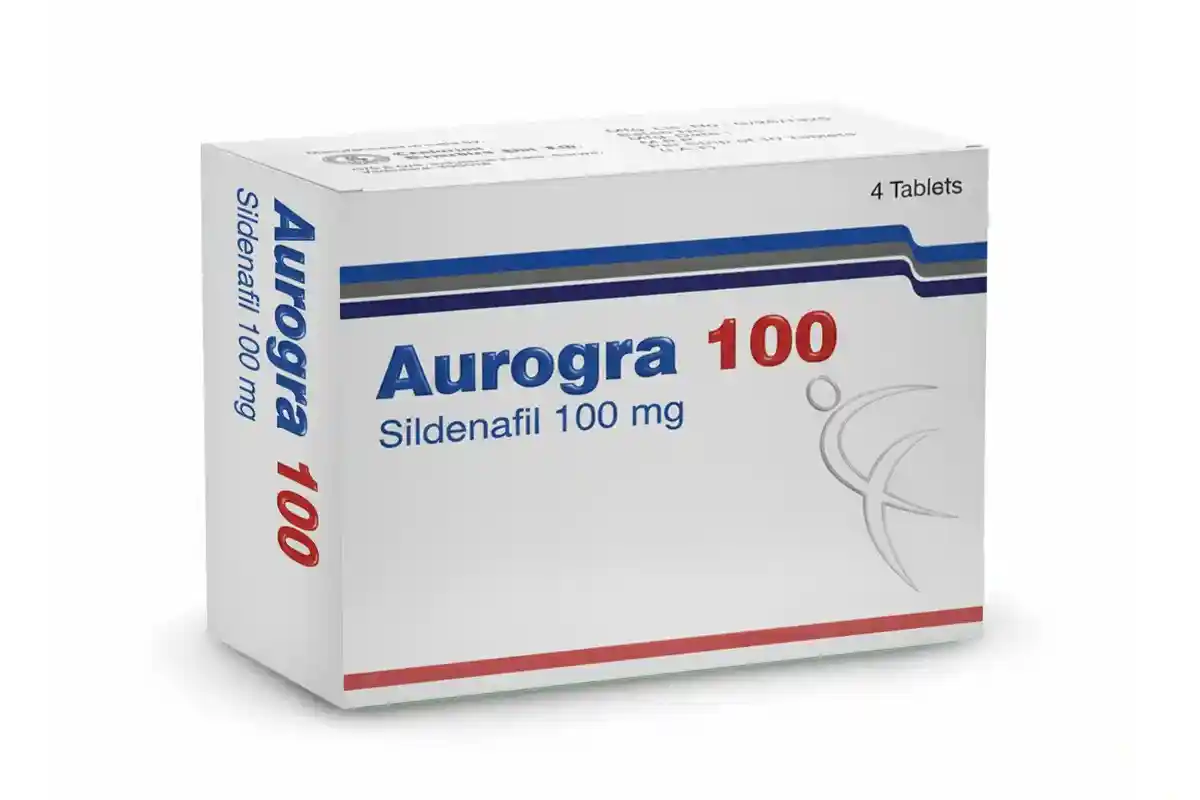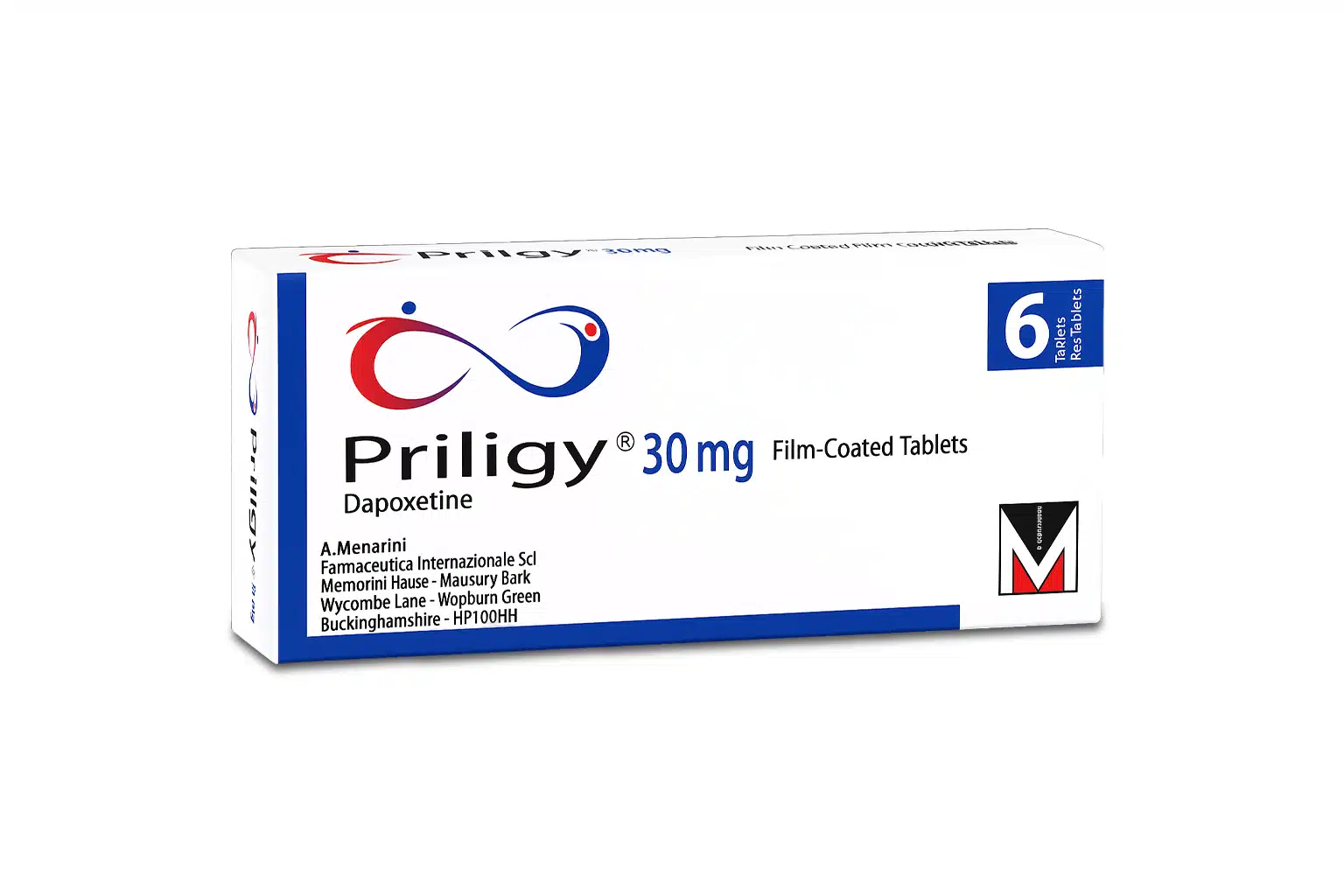Testosterone is often seen as the ultimate male hormone linked to muscle mass, energy, and of course, sexual drive. But what happens when there’s too much of it? Can an overload of this “male hormone” actually harm the purpose it’s supposed to boost (e.g.erections) ?
It’s a fair question. After all, testosterone is widely marketed as a fix-all for male vitality. From supplements to injections, testosterone therapy is booming. But as with most things in health, more doesn’t always mean better. In fact, too much testosterone might come with some unexpected side effects, especially when it comes to your bedroom performance.
So now we’ll explore the effects and side effects of high testosterone, how it connects to erectile health and what you need to look out for especially if you’re considering or already using hormone therapy.
Testosterone’s Role in Erectile Function
Before we dive deeply, it’s important to understand what testosterone actually does for men while aroused.
Testosterone is responsible for:
- Maintaining libido (sexual desire/sexual drive)
- Supporting erectile function
- Increasing sperm production
- Preserving muscle mass and mood
It’s not the only hormone involved in erections but there’s also nitric oxide, dopamine, and other players but testosterone is a key ingredient. If levels fall too low (a condition called hypogonadism occurs ) men may experience fatigue, low sex drive, and weaker or less frequent erections.
So, naturally, the assumption is: if low testosterone is bad, high testosterone must be better… right?
Well, not exactly.
What Happens When Testosterone Is Too High?
While having normal testosterone levels is essential for a healthy sex life, going overboard can create a different set of problems. High testosterone levels in men either naturally occurring or due to external treatments can disrupt the body’s natural hormonal balance.
Some common effects of high testosterone in men include:
- Aggression or irritability
- Acne and oily skin
- Shrinking of the testicles
- Increased red blood cell count
- Sleep disturbances
- Mood swings
- Breast enlargement (gynecomastia)
Now, these might sound cosmetic or mood-related but there’s more going on underneath the surface, especially when it comes to erectile health.
The Link Between High Testosterone and Erectile Dysfunction
At first glance, high testosterone should help with sexual performance. But in real life, excess testosterone can backfire and may negatively impact erections in a few different ways:
1. Hormonal Imbalance and Suppressed Natural Production
When testosterone is artificially raised (such as through injections or supplements), the body often shuts down its own production. This can throw off the delicate hormonal balance and disrupt signals involved in arousal and erections.
Think of it like a thermostat: if you keep adding external heat, the system stops producing its own warmth. In the case of hormones, external testosterone can suppress the body’s internal machinery, including the production of luteinizing hormone (LH) and follicle-stimulating hormone (FSH), which are crucial for testicular function.
2. Blood Flow Issues
Erections rely heavily on proper blood flow. While testosterone can help maintain the tissues of the penis, too much of it can increase red blood cell count, which may thicken the blood. This raises the risk of high blood pressure and blood clots, both of which can interfere with healthy blood circulation, making it harder to get or keep an erection.
3. Estrogen Conversion
Some testosterone in the body naturally converts to estrogen, the female hormone. When testosterone is abnormally high, it can lead to an increase in estrogen, resulting in symptoms like breast tissue development and reduced libido. High estrogen levels can also sabotage erectile function, counteracting the effects of testosterone.
4. Psychological Effects
Testosterone influences not just physical traits but also mood. High levels have been associated with increased anxiety, mood swings, and even depression. These mental health shifts can significantly impact libido and performance. Feeling irritable or emotionally unstable can dampen desire and confidence in the bedroom.
Testosterone Therapy: A Double-Edged Sword
Men with clinically low testosterone levels often turn to testosterone therapy for relief. This can involve gels, patches, injections, or implants. And in many cases, it works restoring energy, improving sex drive, and enhancing overall mood.
But testosterone therapy isn’t always foolproof.
Best Seller
-
Cenforce 100 Mg
Best Seller$24.00 – $215.00Price range: $24.00 through $215.00Rated 5.00 out of 5Shop Now This product has multiple variants. The options may be chosen on the product page -
Vidalista 5 Mg
best sellers$18.00 – $182.00Price range: $18.00 through $182.00Rated 4.00 out of 5Shop Now This product has multiple variants. The options may be chosen on the product page -
Vidalista 40 Mg
Best Seller$28.00 – $276.00Price range: $28.00 through $276.00Rated 4.00 out of 5Shop Now This product has multiple variants. The options may be chosen on the product page -
Cenforce 200 Mg
best sellers$31.00 – $335.00Price range: $31.00 through $335.00Rated 4.00 out of 5Shop Now This product has multiple variants. The options may be chosen on the product page -
Cenforce Fm
best sellers$33.00 – $218.00Price range: $33.00 through $218.00Rated 4.00 out of 5Shop Now This product has multiple variants. The options may be chosen on the product page -
Kamagra 100 mg
best sellers$24.00 – $125.00Price range: $24.00 through $125.00Rated 5.00 out of 5Shop Now This product has multiple variants. The options may be chosen on the product page -
Fildena 100 mg
best sellers$24.00 – $244.00Price range: $24.00 through $244.00Rated 4.00 out of 5Shop Now This product has multiple variants. The options may be chosen on the product page -
Malegra Oral Jelly 100 Mg
best sellers$8.00 – $44.00Price range: $8.00 through $44.00Rated 5.00 out of 5Shop Now This product has multiple variants. The options may be chosen on the product page -
Super Kamagra Oral Jelly
best sellers$25.00 – $120.00Price range: $25.00 through $120.00Rated 4.00 out of 5Shop Now This product has multiple variants. The options may be chosen on the product page -
Tadarise Oral Jelly
best sellers$19.00 – $72.00Price range: $19.00 through $72.00Rated 4.00 out of 5Shop Now This product has multiple variants. The options may be chosen on the product page -
Careforce 200 Mg
best sellers$29.00 – $332.00Price range: $29.00 through $332.00Rated 5.00 out of 5Shop Now This product has multiple variants. The options may be chosen on the product page -
Stallegra 100 Mg
best sellers$88.00 – $224.00Price range: $88.00 through $224.00Rated 5.00 out of 5Shop Now This product has multiple variants. The options may be chosen on the product page -
Exclusive
Aurogra 100 Mg
best sellers$29.00 – $76.00Price range: $29.00 through $76.00Rated 4.00 out of 5Shop Now This product has multiple variants. The options may be chosen on the product page -
Priligy 30 mg
best sellers$22.00 – $156.00Price range: $22.00 through $156.00Rated 4.00 out of 5Shop Now This product has multiple variants. The options may be chosen on the product page
Some testosterone therapy side effects include:
- Testicular shrinkage
- Infertility
- Acne or oily skin
- Fluid retention
- Increased risk of blood clots or stroke
- Prostate enlargement
And yes in some cases, erectile dysfunction.
This may sound ironic, but testosterone therapy doesn’t always fix sexual problems. For some men, especially those without a true testosterone deficiency, adding extra hormones can throw the system out of balance and create new issues.
This is why testosterone therapy should never be self-prescribed or bought over-the-counter without medical supervision. Unregulated use can do more harm than good.
Lifestyle Choices That Worsen the Effects
Placing high testosterone into an otherwise unhealthy lifestyle can lead to severe issues with sexual function.
Some of the daily habits that can raise the risks are:
- Smoking cigarettes reduces blood flow, which impacts erections.
- Excessive alcohol consumption reduces testosterone levels and harms the liver.
- Sedentary life reduces endogenous production of testosterone and predisposes to weight gain.
- Steroid use is the administration of synthetic steroids for bodybuilding. The steroids usually contain high levels of androgens, which can effectively suppress natural testosterone and sperm production.
If you use Kamagra Chewable 100mg or any other impotency drug without curing the root cause (such as hormonal imbalance or circulatory issue), you’re addressing the symptom, not the disease.
When Should You Worry?
Testosterone levels may vary slightly from one day to the next and may vary from one individual to another. What matters is whether or not you experience any symptoms.
The symptoms of excessive testosterone or hormone imbalance are:
- Erectile dysfunction despite having high libido
- Soft breasts or large breasts
- Anger or mood swings
- Infertility
- Testicle shrinkage
- Recurring headaches or high blood pressure
If you have started testosterone therapy and notice any of these symptoms, mention them to your doctor as soon as possible. Don’t adjust the dose yourself, either by increasing or suspending it. Blood work, physical exams, and monitoring by an expert are important to remain safe.
The Right Balance is Everything
Rather than attempting to be “high” on testosterone, it’s more desirable to achieve the proper levels high enough to benefit your energy, mood, and sexuality without overdoing it.
Here are ways you can naturally keep your testosterone levels healthy:
- Exercise every day, particularly weight lifting.
- Sleep well – a minimum of 7-8 hours at night.
- Consume a balanced diet that comprises healthy fats, zinc, and vitamin D.
- Reduce stress – chronic stress raises cortisol, which dampens testosterone.
- Avoid anabolic steroids or unapproved hormone boosters
Drugs such as Kamagra Chewable 100 mg may facilitate erections by enhancing blood flow but will not cure hormonal imbalances. Always seek advice from a doctor before taking erectile drugs with testosterone therapy.
Conclusion
Yes, testosterone is crucial to masculine sexual well-being but a little too much of a good thing is bad news, especially if it’s medically unnecessary. From inadequate blood flow and hormonal imbalance to the unexpected side effects of infertility or mood swings, excess testosterone can impair erections and sexual well-being as a whole.
If you are worried about low libido or erectile dysfunction, don’t grab the testosterone boosters immediately. You need an assessment. Occasionally, the reason is not hormonal at all—it may be stress, sleep issues, or lifestyle.
Used properly and with a doctor’s supervision, testosterone therapy can work—but used improperly or in excess, it can have the opposite effect.
Frequently Asked Questions
1. Is erectile dysfunction with high testosterone levels possible?
Yes, testosterone is important to sexual function, yet too much is a bad thing. Too much testosterone can distort the balance of hormones in the body, lead to higher estrogen levels, and lead to erectile dysfunction in some men, particularly if the hormone is taken without medical supervision.
2. Is testosterone therapy always safe for improving erections?
Not necessarily. Testosterone treatment has side effects such as infertility, mood swings, and reduced erectile function if not properly regulated. It is most effective when taken to treat diagnosed low testosterone under the prescription of a physician.
3. Is increased testosterone equivalent to improved sex performance?
Not necessarily. Healthy testosterone enhances sex drive and erections, but excess is not necessarily going to enhance sexual performance. Rather, it can have side effects that can sabotage your sex life, like poor circulation or mood swings.
4. Is Kamagra Chewable 100 mg compatible with testosterone therapy?
Kamagra Chewable 100 mg can treat short-term impotence through enhanced blood flow. Use it only in combination with hormone therapy on the doctor’s prescription, particularly if you experience excessive testosterone side effects.
5. What are some natural ways to keep testosterone levels healthy?
You can augment regular testosterone by:
- Daily exercising
- Getting good sleep
- Stress reduction
- Consume foods rich in healthy fats, zinc, and vitamin D
These lifestyle changes may improve sexual health independent of hormone therapy.


